Upcoming Shows…
More Events
2025-2026 Events
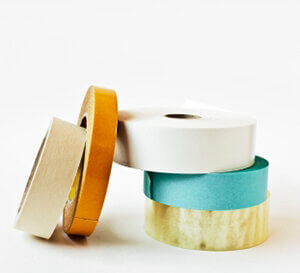
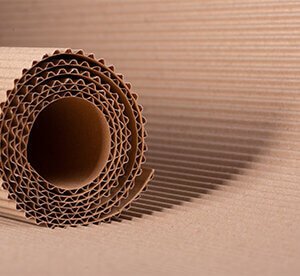
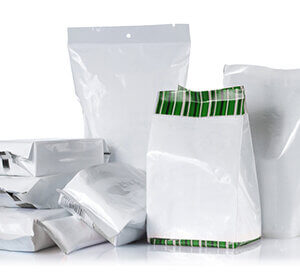



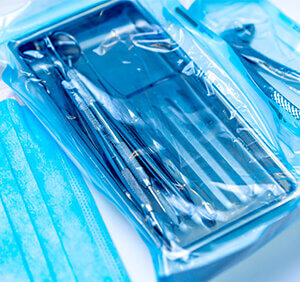
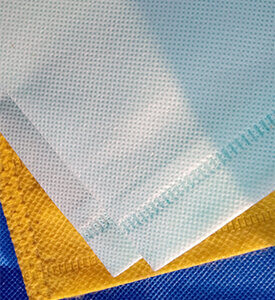

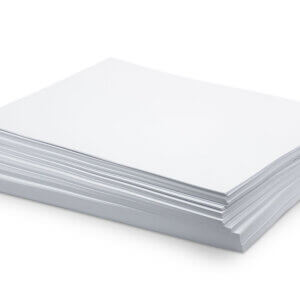
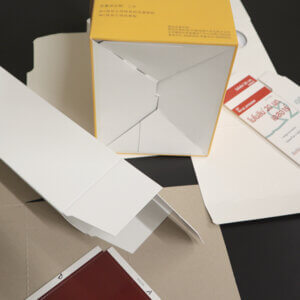
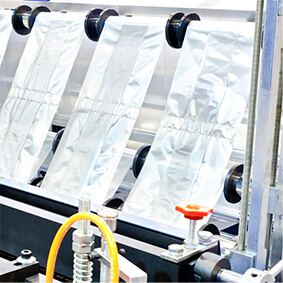
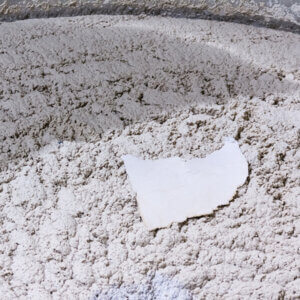
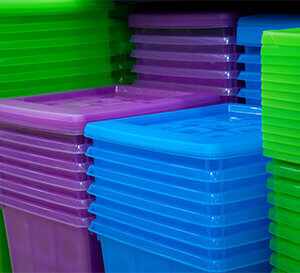
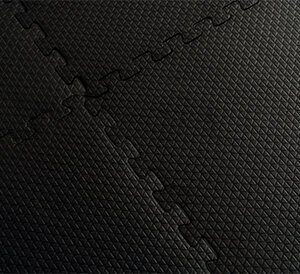
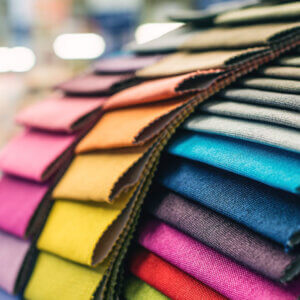

The physical attributes that can be tested include:
Manufacturers rely on material testing equipment to meet industry standards across the globe, including ASTM, ISO, TAPPI, DIN, NWSP and more. Thwing-Albert is actively involved with these major standardization organizations to ensure our equipment supports the industry standards.
Search below by industry to find the materials testing machines to meet your applications. Thwing-Albert offers machines to help verify quality and develop new products in Research and Development (R&D) laboratories, quality control and production.
Chemical, physical and mechanical factors determine the performance of an adhesive’s bond to a surface. Adhesives must meet specific ISO, PSTC and ASTM standards for seal strength, peel adhesion, shear strength and other adhesive tests.
Thwing-Albert has several testing machines for adhesive physical properties. The testing equipment options include fixtures and grips to secure the adhesive during the testing procedure. Fixtures and grips are available in standard and custom options to meet specific requirements. The selection also includes sample preparation tools to obtain an accurate sample size and apply force evenly for pressure-sensitive adhesives.
Corrugated testing equipment evaluates the structural and protective properties of corrugated materials. Testing these materials is necessary for determining how well the corrugated material protects products during shipping or calculating cost savings. This equipment can be used on complete corrugated material products and individual components.
Our corrugated testing equipment measures compression strength and crush resistance, burst strength, abrasion resistance, score strength and quality. Specific test fixtures are available to measure flat and edge crush resistance, ring crush and pin adhesion strength. Other testing equipment is available for wet shear, thickness and porosity for more technical applications. Sample preparation tools are available for obtaining precise samples.
Flexible packaging is a sustainable option for food and nonfood products. Flexible packaging testing equipment measures resistance to physical and mechanical stress. These measurements should meet industry standards while protecting the product and reducing costs.
At Thwing-Albert, our flexible packaging testing equipment measures physical properties such as coefficient of friction, tensile strength, puncture strength, elongation, impact resistance and more. For applications where moisture is a concern, vapometers measure water vapor permeability, while laboratory heat sealers are available to duplicate sealing conditions to test seal strength.
Foil and metal sheets need to meet specific structural and performance requirements set by ISO and ASTM before use in the final product. Physical properties to measure include strength, friction, tear resistance and thickness.
Our foil and metal testing equipment accurately measures physical properties, such as tensile strength, elongation, thickness and stiffness. Each equipment option has multiple grips and fixture options for an accurate testing process. Most foil and metal testing equipment can be used for other material types. Our selection also includes sample cutters to prepare foil samples.
Food packaging needs to meet specific standards for strength, durability and package integrity by measuring physical properties such as seal strength, compressive resistance and puncture resistance. Adherence ensures the food remains unaffected during the handling and transportation processes and is safe for the consumer.
Testing equipment for food texture measures the food’s physical properties. It can also test the packaging the food is stored in. This equipment can test the seal strength of rigid trays and tensile, peel, coefficient of friction of other food packaging options. Our inventory also includes fixtures for specific foods, such as an apple probe.
The graphic arts industry needs to ensure that the inks perform well on their products during and after the printing process. Inks also need to follow their quality control methods. Physical properties to measure ink include tack, consistency and color performance.
Our testing equipment for this industry measures the physical properties of ink and other graphic arts materials. Our equipment includes ink tack, color proofing to show how ink appears on printed copies, rub testers for abrasion resistance on different materials, and spectrophotometers for color opacity and fluorescence.
Medical materials must meet strict quality requirements and perform as designed to prove the material is safe to use in medical settings and determine how well it will function in the field.
Our testing equipment for the medical industry measures the physical properties of medical materials, such as tensile strength, puncture resistance, seal strength, thickness and stiffness. Our wide range of instrumentation can test the properties of many medical materials and packaging, such as bandages, sutures, catheters, needles, tubing, pouches and the like.
Nonwoven material needs to meet specific requirements for stiffness, softness, friction, peel, thickness, air permeability and more. Meeting these standards allows manufacturers to use them in their products.
Our nonwoven testing equipment measures the physical properties of nonwoven materials. Each equipment option is designed to measure a certain property in nonwoven materials effectively. Thwing-Albert has materials testers for measuring tensile strength and elongation, densometers for measuring porosity, friction testers for measuring the coefficient of friction and tear testers for measuring tear resistance. Our inventory also includes precision cutters for obtaining accurate samples.
Packaging needs to keep the product safe during storage and transportation, so the product has maintained its quality by the time it reaches the customer. Industry standards for packaging materials measure friction, peel, score bend, opening force, burst strength and more.
Our packaging testing equipment measures the physical properties of packaging materials. The impact testers and puncture fixture equipment measure the impact and puncture resistance of the material sample. The burst strength testers measure the material’s bursting strength. The inventory also includes fixtures for testing lid removal, package seal and score quality.
Paper must meet certain specifications for tensile, thickness, coefficient of friction, burst strength, internal bond strength, tear-resistance and air permanence. These measurements prove the paper’s quality for manufacturers and convertors.
Our paper testing equipment efficiently and accurately measure these properties. Suitable instruments for testing paper include the VantageNX, ProTear Elmendorf, ProGage Thickness Tester and Model 2260 Friction/Peel Tester. Thwing-Albert also has equipment specifically designed for paper, such as the Twin Folding Tester and FORMAX Sheet Dryer, as well as sample cutter tools.
Paperboard is a sturdy paper-based material common for packaging foods and beverages. Standard organizations have developed standards to ensure that critical physical properties are measured accurately to optimize performance. Physical properties to test in paperboard include tear, friction, peel, air permeability, thickness, bend resistance and more.
The paperboard testing equipment from Thwing-Albert measures the physical properties of paperboard materials. Our equipment includes friction and peel testers, thickness testers, opening force testers, bend resistance testers and crush testers. Our inventory also includes sizing tools for obtaining accurate sample sizes.
Plastic film is used in a wide range of industrial and consumer applications such as product and food packaging, protective coverings, product storage and transport. Since this material is responsible for preserving product quality, it must meet specific industry requirements for manufacturers to use it. Physical properties to measure in plastic film include strength, elongation, thickness, coefficient of friction, impact resistance, puncture resistance, film blocking and heat seal strength.
The plastic film testing equipment at Thwing-Albert measures the physical properties of plastic film materials. Our inventory includes several instrumentation options for physical properties. The VantageNX tests for properties such as tensile, elongation, modulus, yield strength and puncture resistance.
Pulp is the main ingredient in the papermaking process and needs to go through several processes before it can be manufactured into paper. The quality of the pulp correlates to the quality of the final product.
Our pulp testing equipment provides the necessary tools to refine and process pulp suitable for making laboratory handsheets. Our offering includes disintegrators, pulpers, refiners, freeness testers, sheet molds and dryers to make handsheets consistently and efficiently for subsequent strength and physical property tests.
Rigid plastic is a durable and versatile material that must meet industry standards for manufacturers to use it. These standards ensure the rigid plastic has met certain quality conditions and will perform as expected in its application.
Thwing-Albert has the equipment to measure the physical properties of rigid plastic materials. Our equipment can measure tensile strength and elongation, friction, thickness, flexural strength and compression strength. For rigid plastic trays, the Tray Peel Fixture measures seal strength of the lidding material, which is critical when used for food or medical purposes.
Rubber and foam products need to meet specific industry tensile strength and thickness standards. These qualities ensure the product will meet the manufacturer’s expectations in the final product.
Our testing equipment for rubber foam measures the physical properties of rubber and foam. The Tensile Testers perform tensile, compression, tear and friction tests. Thickness Testers measure the thickness of sheeted materials.
Textiles — such as cloth and woven fabric — must meet specific industry standards set forth by industry bodies. Physical properties for textiles include tensile, elongation, thickness, tear, stiffness and abrasion resistance.
Testing equipment for textiles from Thwing-Albert will measure the physical properties in textile materials. The Taber Abraser tests the abrasion resistance of any textile material. We also offer a range of sample preparation tools and cutters.
Tissue paper needs to meet specific ISO, TAPPI and ASTM test methods for physical performance. Manufacturers need to test for properties such as wet and dry tensile strength, elongation, thickness, burst strength, softness, compressibility and absorbency.
Thwing-Albert has tissue testing equipment that meets these industry standards and requirements. Instrumentation options include pneumatic tensile testers, thickness testers, friction and peel testers and burst testers. Various grips are available to hold the sample properly during the testing process. We also have sample cutters for obtaining consistent sample sizes.
For more than 120 years, Thwing-Albert Instrument Company has been a leading advanced testing instrumentation manufacturer and authority on physical testing standards. Our equipment is long-lasting for many material testing requirements.
Shop our different types of machines for material testing or contact your regional representative for more information.